Despite how fascinating and enjoyable the world of My Hero Academia can be, it still has many flaws that were addressed as the series progressed. From prejudices against individuals with heteromorph Quirk to discrimination against people because of “villainous” powers, the society created by Kohei Horikoshi draws heavy similarities to the real world.
One of the most problematic and horrifying issues shown in the series is the idea of Quirk Marriages. This taboo and frowned upon practice consisted of a wealthy family or individual buying a person to make them their spouse in the hope that their power could combine to create a powerful child. This horrid topic was not only mostly ignored by the often corrupt and uncaring Hero Society at large, but it was also completely forgotten once the ending of the series began.
Quirk Marriages Were Never Addressed After Their Introduction
Only Todoroki Spoke About Them, And He Barely Brought It Up
One of the most relevant cases of Quirk Marriage was revealed in episode #19 of the My Hero Academia anime. During the small recess the Sports Festival participants were granted, Shoto took Midoriya aside to explain that his father engaged in such an activity. His desire to surpass All Might led him to search for a woman with a Quirk that could complement his. The chosen candidate was Rei Himura, who could create and control ice. Endeavor paid the family a vast amount to become her husband, virtually buying Shoto’s mother. This story draws a parallel with the controversial Japanese practice of arranged marriages (omiai).
Todoroki explained during this same episode that this practice was seen as extremely unethical, but nothing was done since those who participated were powerful enough to avoid consequences. While not explicitly stated in the series, it is heavily implied that Quirk Marriages are a modern form of slavery, with those bought by wealthy individuals being forced to fulfill all their desires. Yet, unlike other issues that get addressed at some point in the series, like Heteromorph Inequality, this practice is rarely ever brought up again.
By the time the Final War arc came to an end, the time to address this practice and make a real change in Hero Society had already passed. Endeavor, despite feeling regret for his actions, did nothing to make the conditions of people suffering in Quirk Marriages better. Shoto also seems to have forgotten about the issue, as proven by chapter #430. Seven years after All For One was defeated, he went on to become a popular hero but did not use his fame to spread awareness about this issue, as Shoji and Koda did for Heteromorph.
Shoto and Endeavor Could Have Been Shown Trying To Stop This Practice
The Series Did Not Have Enough Time To Develop Their Future
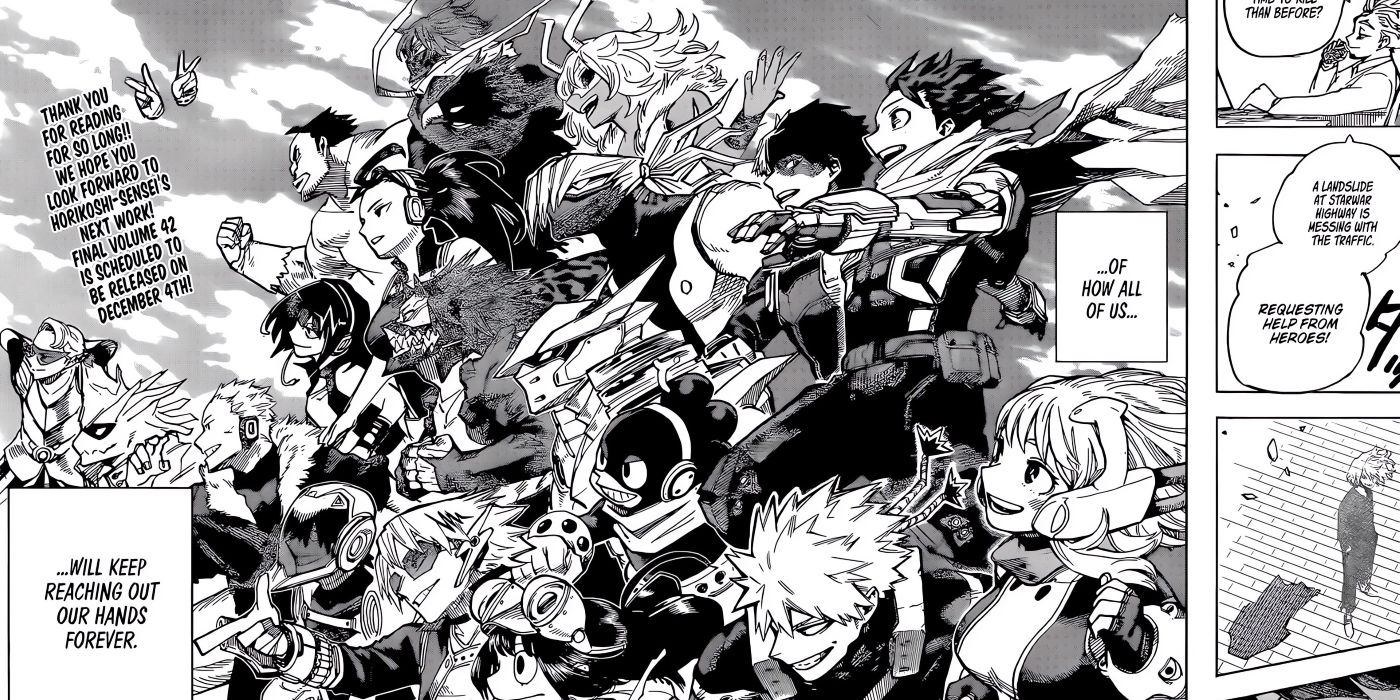
During the release of the final chapters of My Hero Academia, one of the main criticisms raised by fans was the feeling that this portion of the story felt rushed. Many topics were not given the importance they needed, like the mysterious character introduced in chapter #425. The epilogue of the story showed how the world of the series evolved 7 years later, but did not reveal too much about each character’s final fate. In this entry, Izuku explains that Shoto has become one of the world’s most popular heroes, rivaling those in the top 10.
Not much is known about Endeavor's fate, as his character lost relevance after the Todoroki family visited an injured and agonizing Dabi. This lack of information about their careers is what makes it seem as if their trauma regarding Quirk Marriages was mostly forgotten by them and the world. Chapter #430 does not give readers any indication that Shoto is working towards ending this practice or helping people stuck in this horrible partnership.
Still, this might not be Todoroki’s fault, as he was barely mentioned during this final entry in the series. The ending did not have enough time to give fans a detailed description of what Shoto did during his hero career. By having the epilogue divided into two or more chapters, the issue of Quirk Marriages might have been given proper closure. Something similar occurred with the discrimination suffered against people without special powers, which began to slowly lose importance after the first few episodes of the series. Nonetheless, the series did an incredible job of bringing awareness to several other topics that affect the real world, like discrimination or inequality.
While iconic and regarded as a beautiful closing for such an amazing series, the My Hero Academia ending did leave many topics without a satisfying conclusion. Quirk Marriage is by far one of the worst, as this practice attempts against the human rights of those bought. Regardless of this, the story created by Horikoshi will forever remain in the hearts of the fans who had the pleasure of reading it.
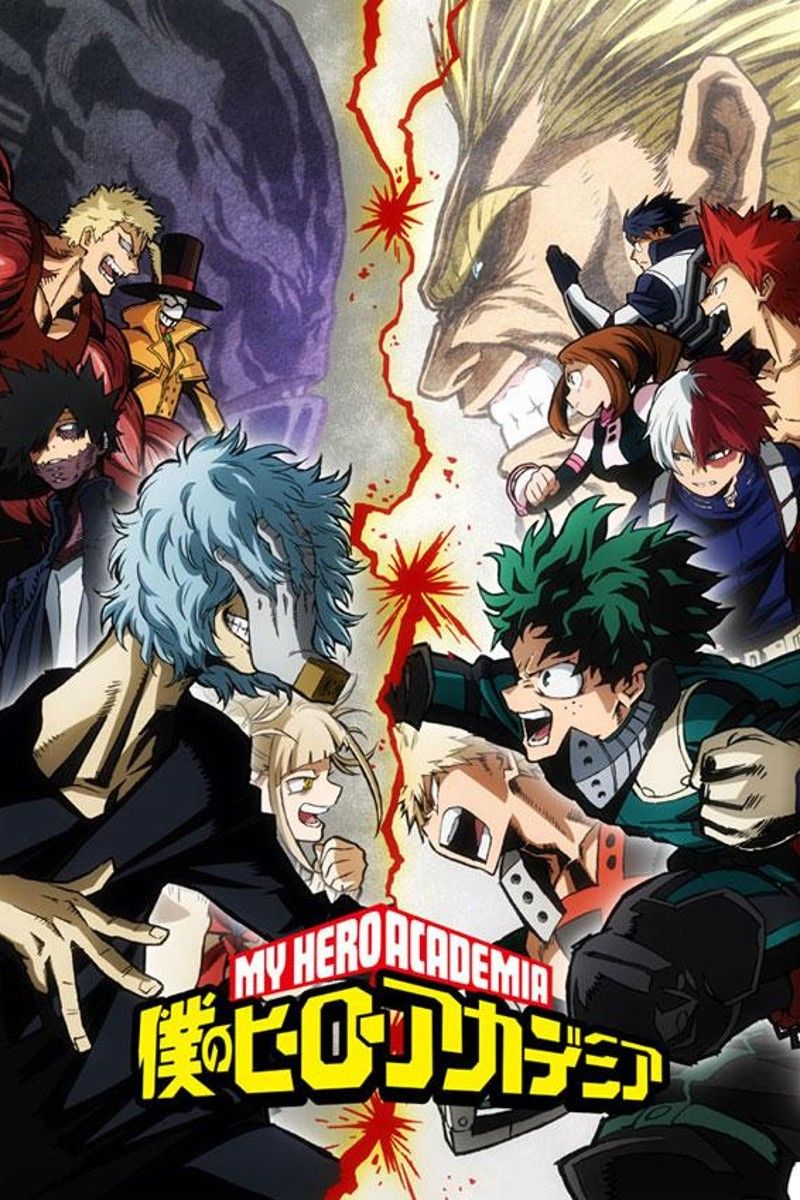
In My Hero Academia, some humans have superpowers called quirks. Izuku Midoriya, nicknamed Deku, is not one of them. Deku has always idolized heroes like the number one hero, All Might, and since he was a child, he has always wanted to be a hero. However, his lack of a quirk has always held him back, but a chance encounter with All Might after discovering a classmate in danger sets Deku on the path to becoming a true hero. My Hero Academia centers around Deku and a class of heroes-in-training at UA. This school shapes young quirk users into future heroes through fake rescue missions, combat training, and other hero-tempering tasks. With young Deku inheriting the "One-For-All" quirk, he will learn what it means to be a true hero while facing off with dastardly supervillains.
Release Date April 3, 2016
Seasons 7

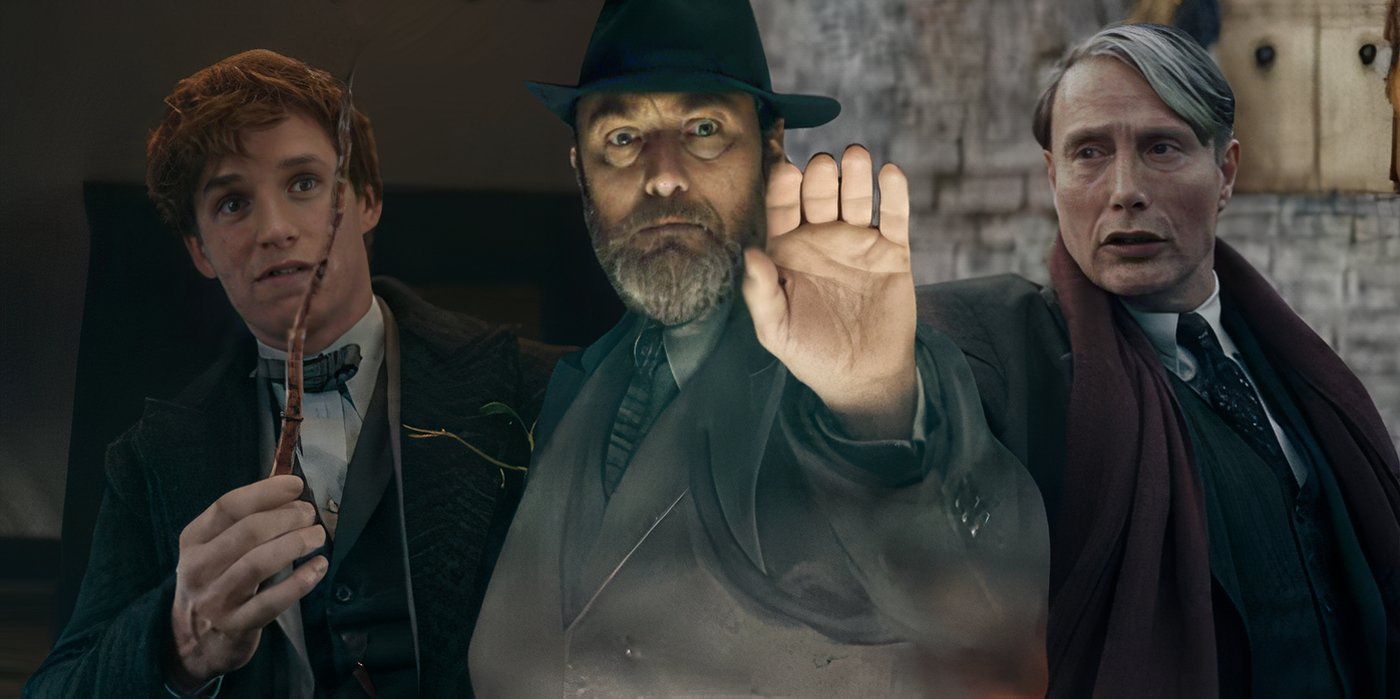
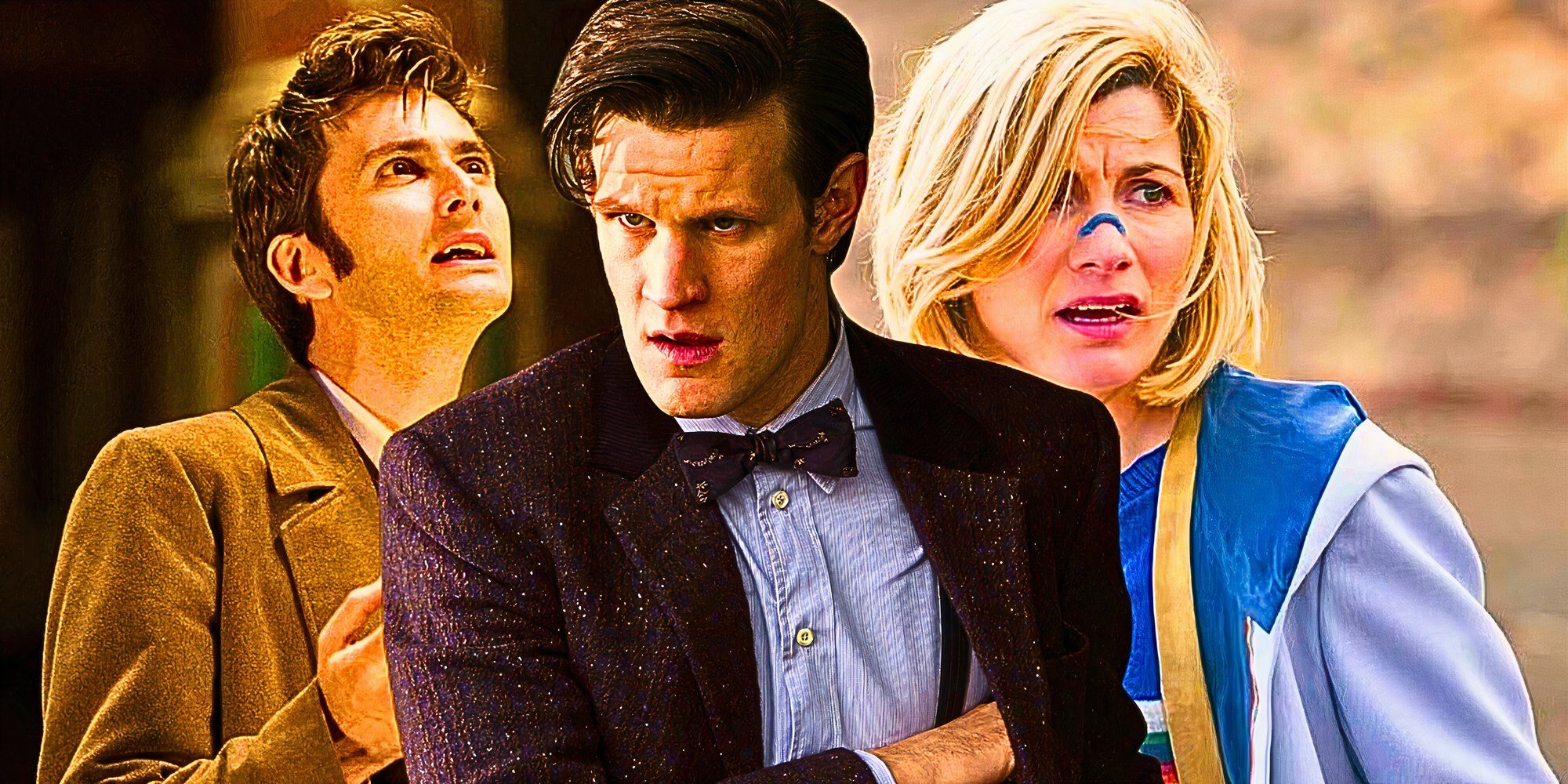
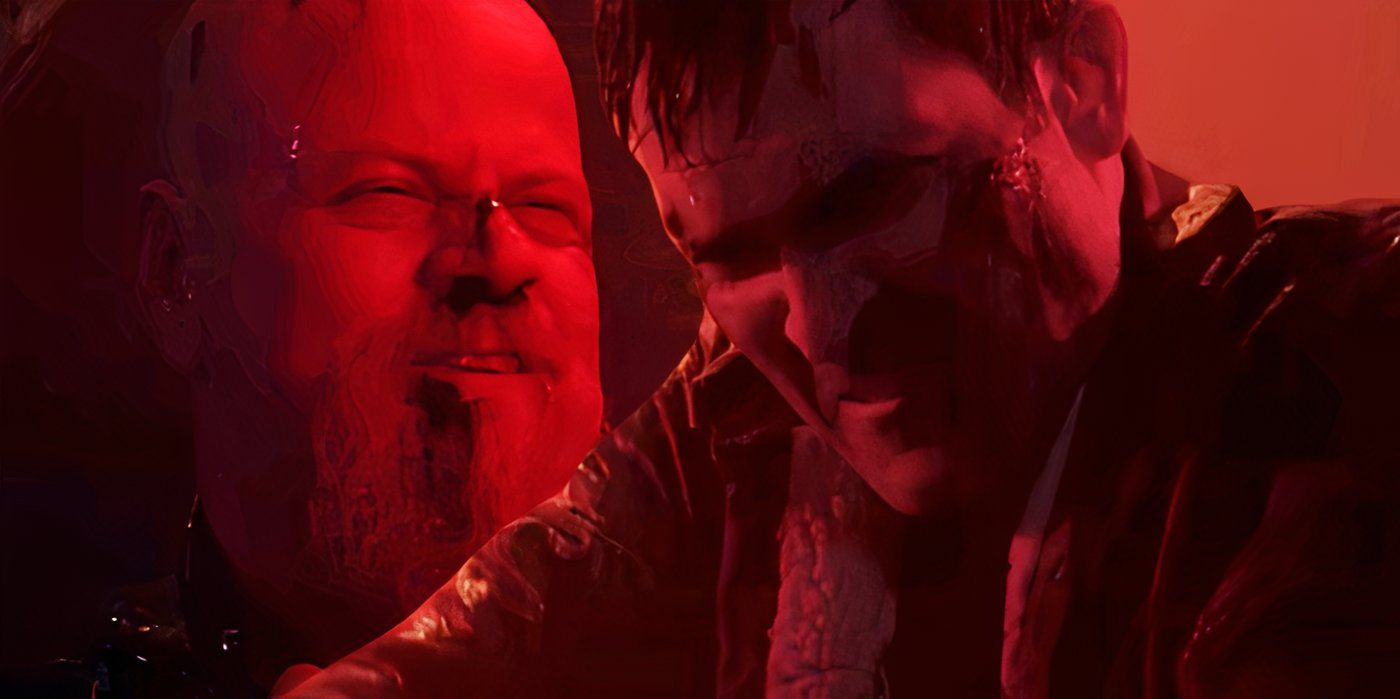
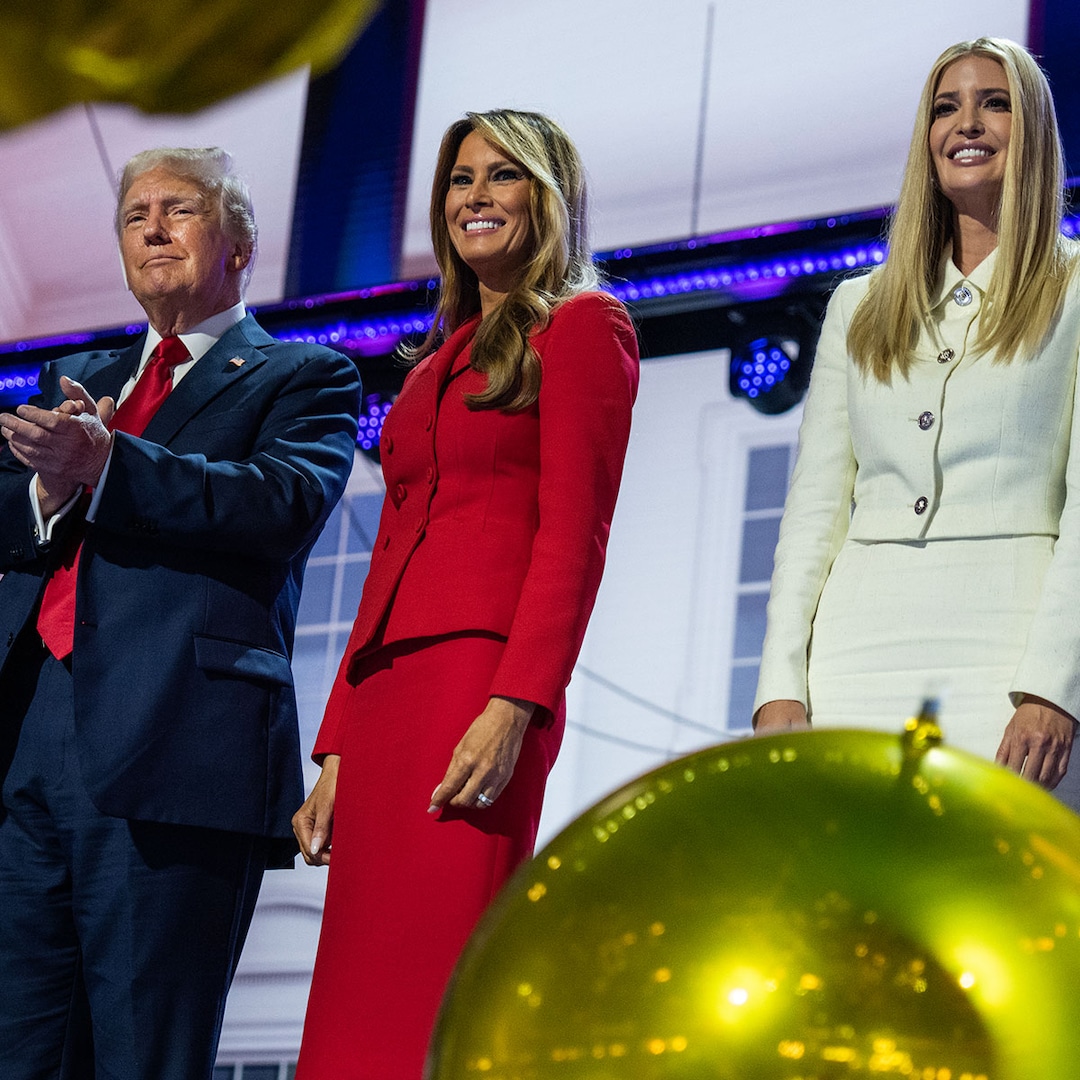
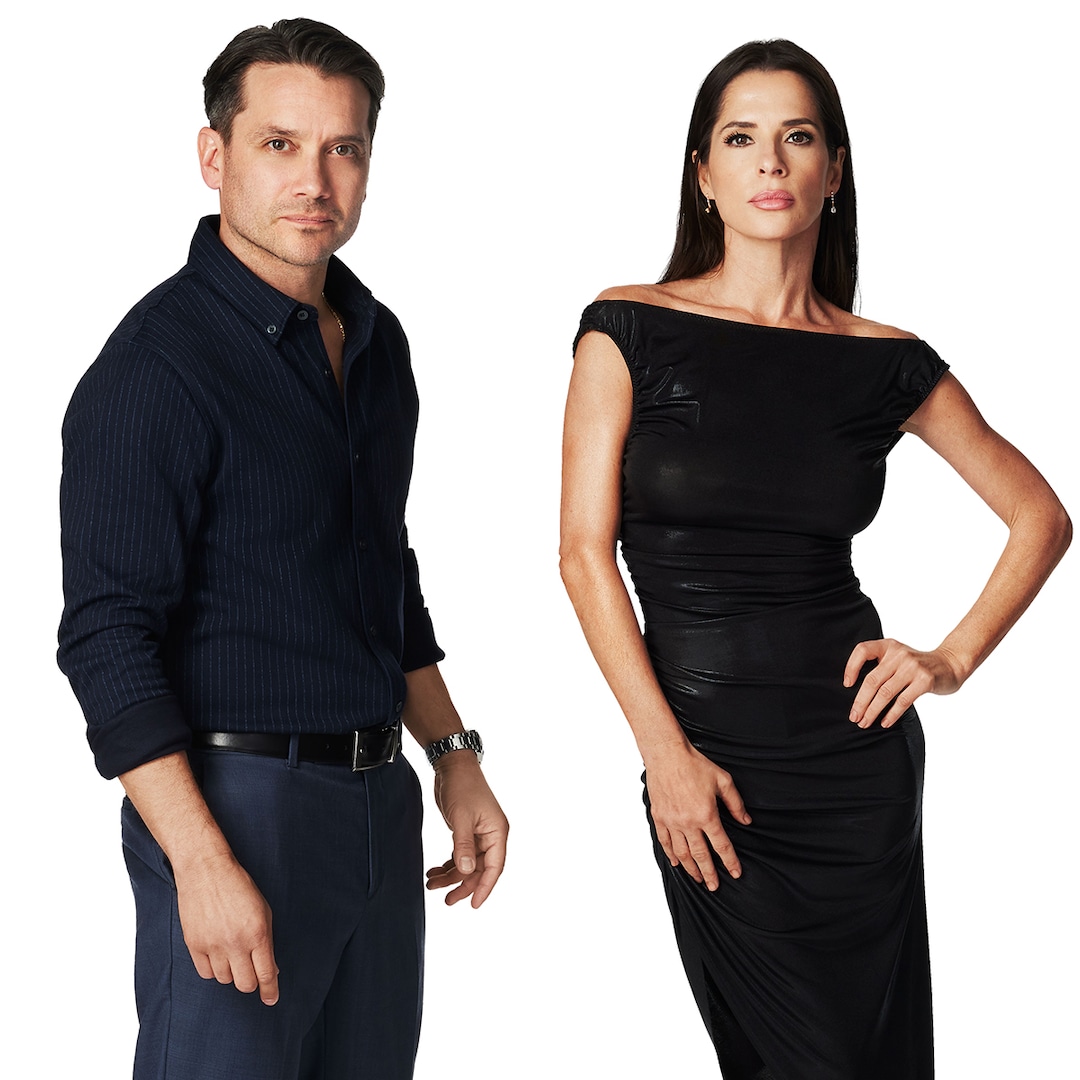
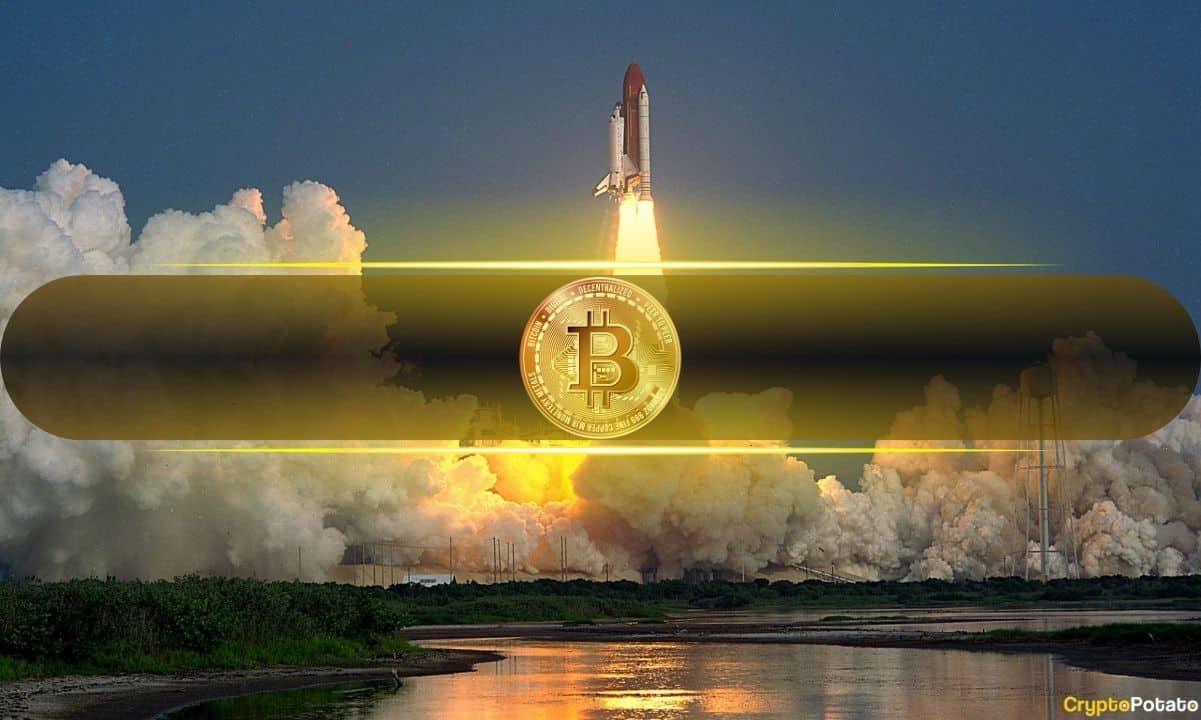
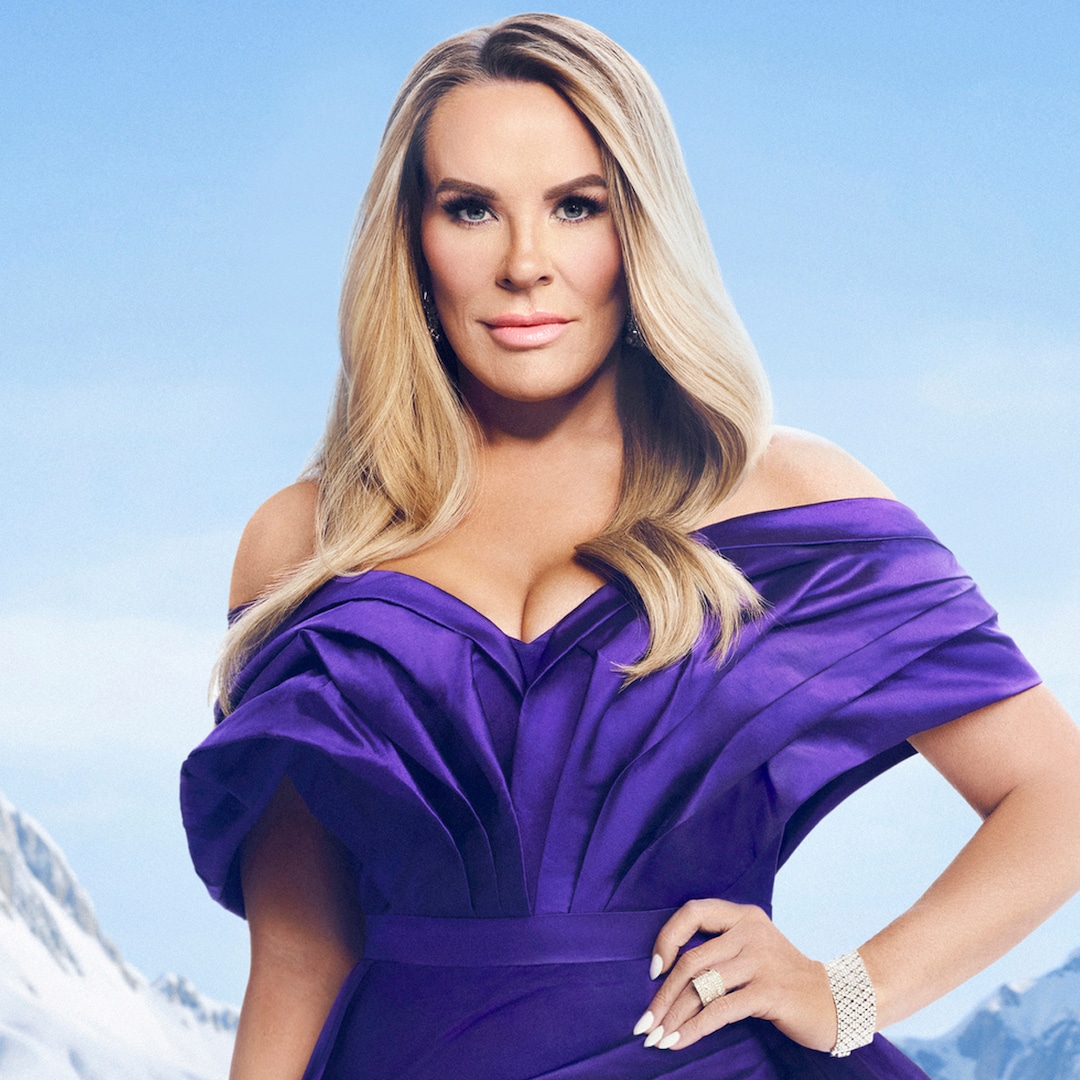
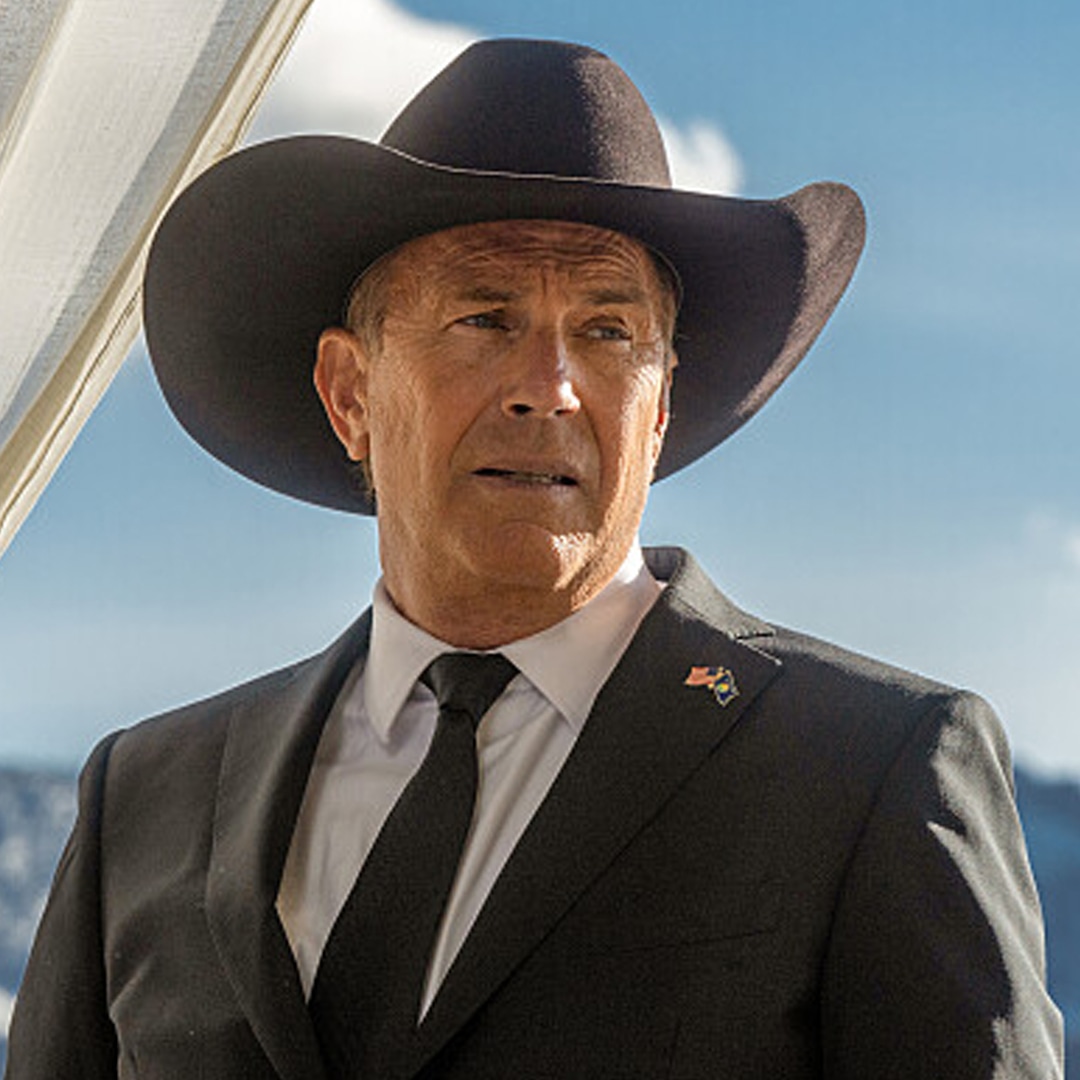
 English (US) ·
English (US) ·